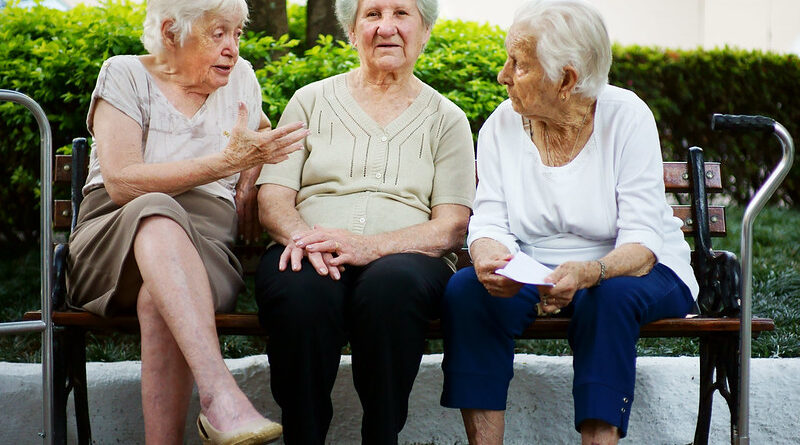The anxieties of growing old when you’re LGBTQ
Who would you call to bring you chicken soup? For many LGBTQ seniors who are alone, that’s no easy question.
Who would bring you chicken soup if you were sick? For most people of a certain age, that’s easy — a spouse or an adult child would step up.
For many LGBTQ people, however, it’s not a simple question at all.
“Many [would] have to think really hard about this,” said Imani Woody, an academic and community advocate who retired from AARP to start an organization serving LGBTQ seniors. She said chicken soup is a stand-in for having a social support system, which many of us need.
“Build your village right now,” Woody said.
A few years ago, I would have said that my then-husband would be my primary caregiver if I became ill or disabled. I’d have done the same for him. Now I’m 65 and divorced, and this issue — who can I call on? — is top of mind for me.
It’s also a serious concern for many LGBTQ people I know, whether single or partnered. Take one friend of mine, for example, who is 60 and a single gay man. He took care of his dying father last year (as I’d done four years earlier with my parents). During his dad’s lengthy illness, we talked about two questions that terrify us (and I don’t use that word lightly): “Who will take care of us when we need help?” “Where will we go when we can no longer take care of ourselves?”
Of course, aging is an equal opportunity challenge for straight and queer people alike. But in interviews with more than four dozen LGBTQ people, singled and partnered, I heard repeatedly about the anxieties faced by queer elders.
SAGE, a nonprofit group that provides services and advocacy for LGBTQ elders, the National Resource Center on LGBTQ+ Aging, and Healthypeople.gov document the health challenges LGBTQ people face. We’re twice as likely as our straight counterparts to be single and live alone, which means more likely to be isolated and lonely. We’re four times less likely to have children. We’re more likely to face poverty and homelessness, and to have poor physical and mental health. Many of us report delaying or avoiding necessary medical care because we face discrimination or mistreatment by health-care providers. If you’re queer and trans or a person of color, these disparities are heightened further. (There are about 3 million LGBTQ people 50 and older.)
“It’s a very serious challenge for many LGBTQ older people,” said Michael Adams, chief executive of SAGE. “The harsh reality is that there just aren’t as many opportunities for older LGBTQ folks when it comes to creating, building and maintaining social connections. … We’re lacking the personal connections that often come with traditional family structures.”
Read More @Whashingtonpost
192 views










